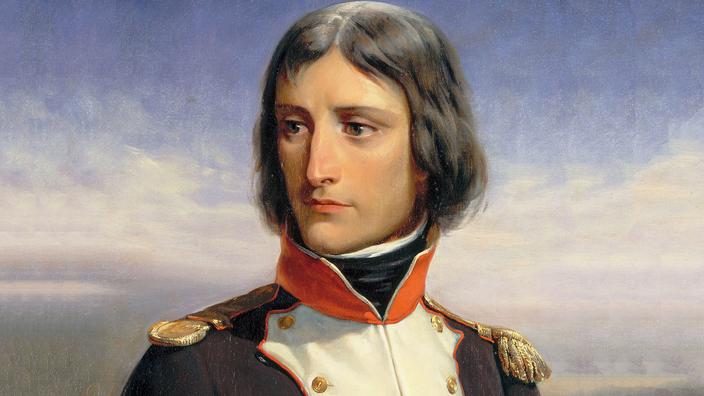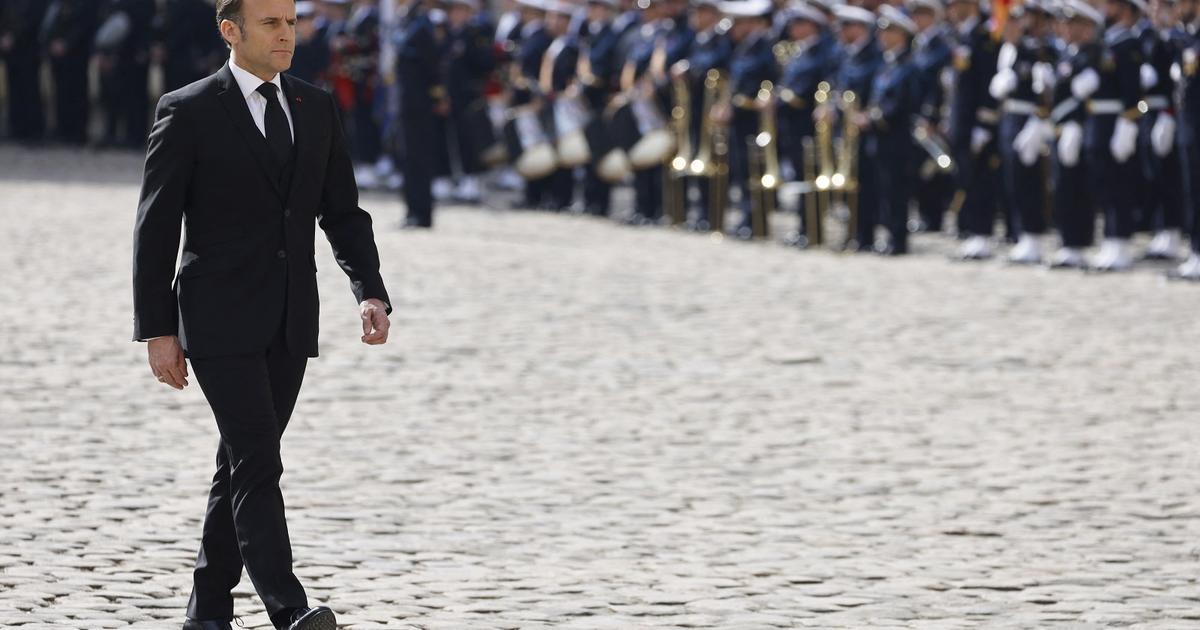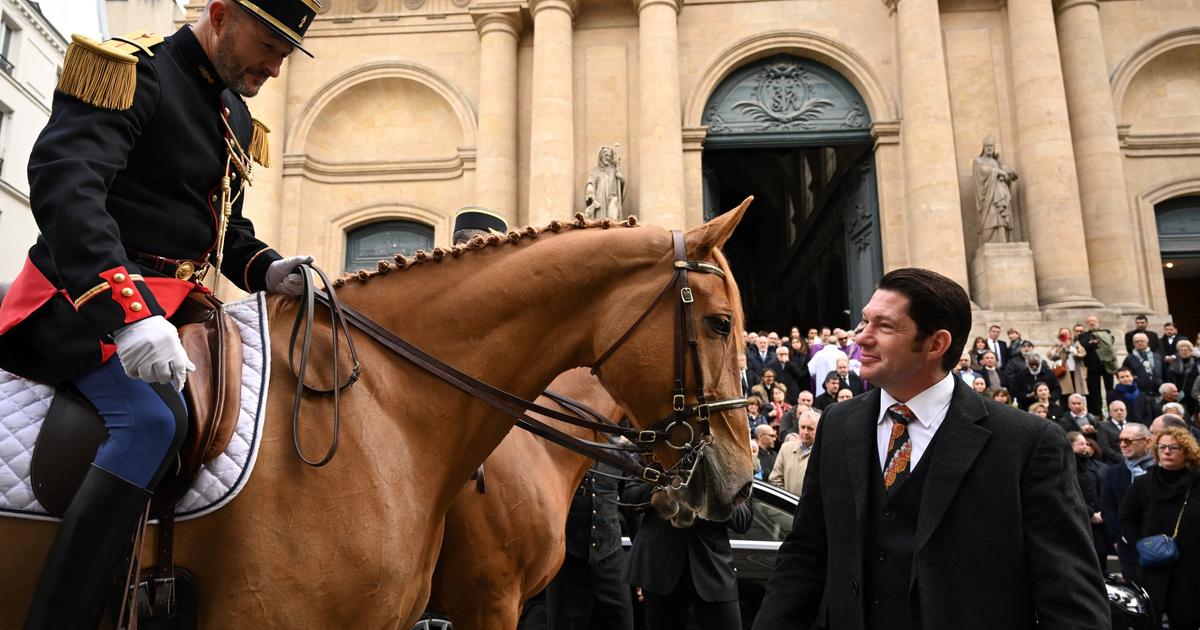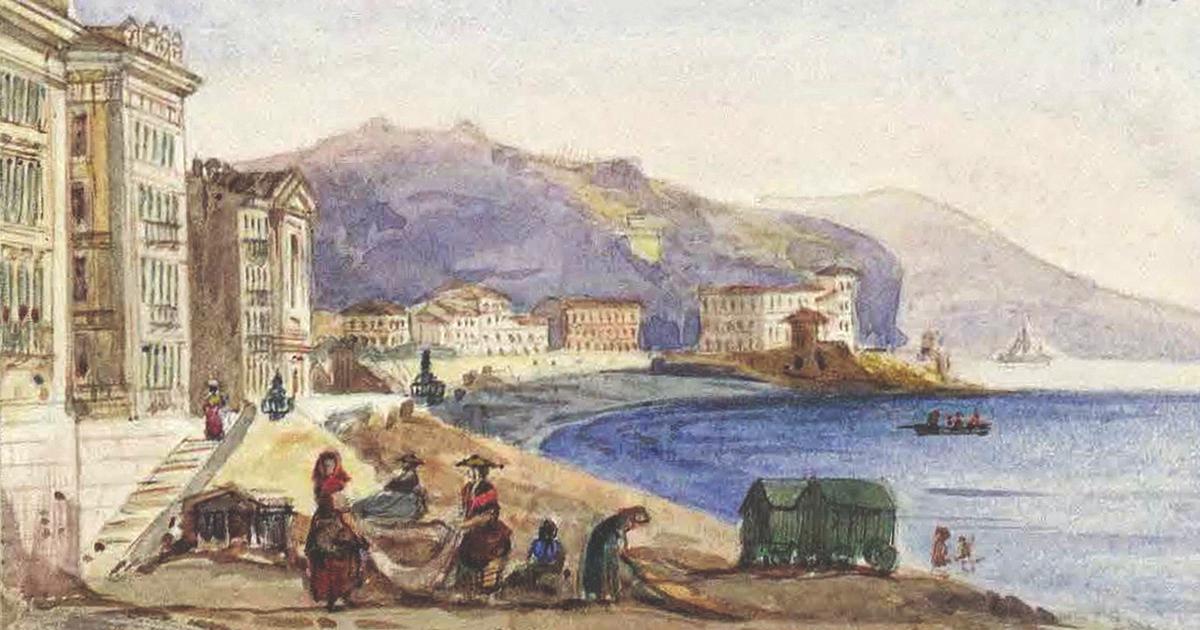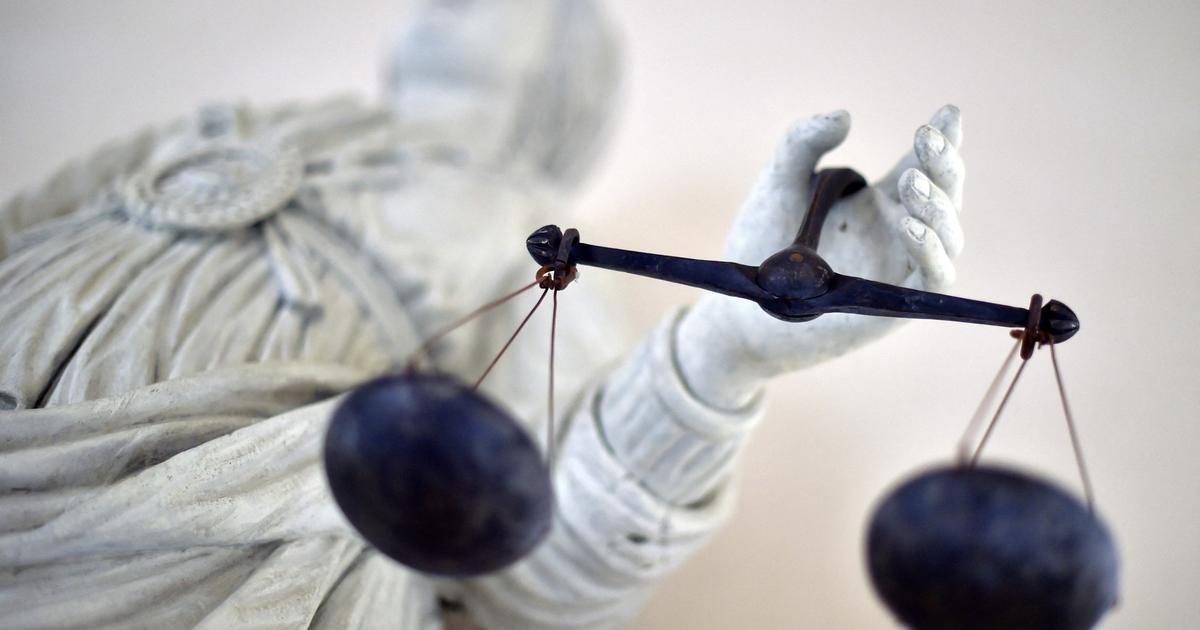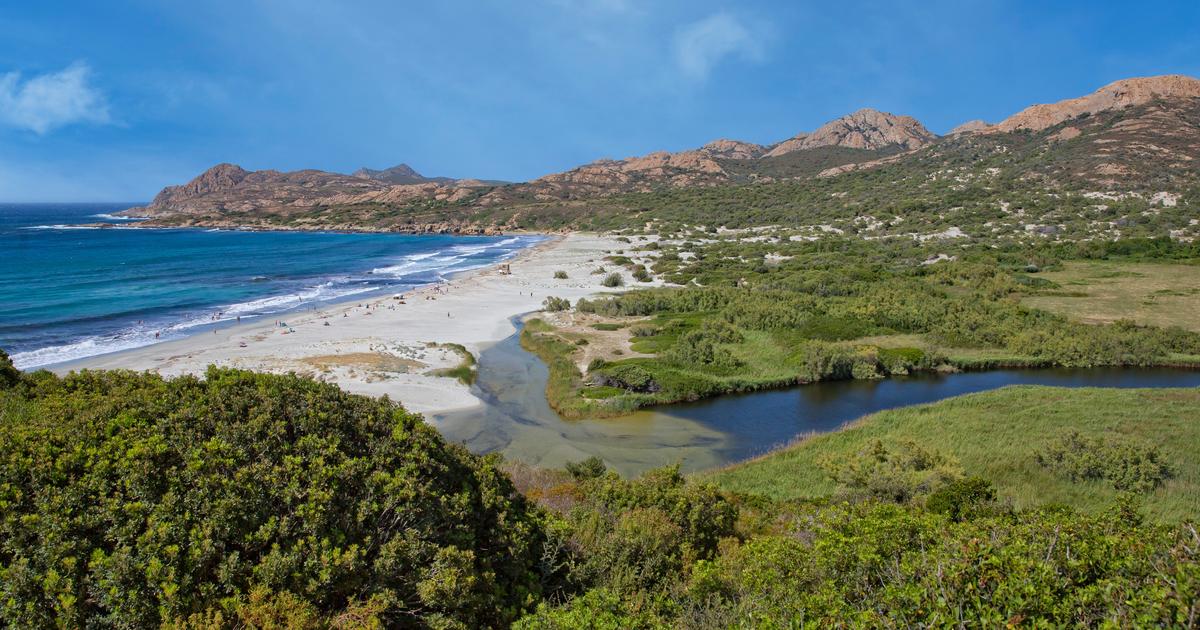How do you become Napoleon?
The second son of Charles Marie Bonaparte and Letizia Ramolino, was born on August 15, 1769, in Ajaccio, in Corsica which had recently passed from Genoese domination to that of France, following the Treaty of Versailles of May 15, 1768. Chateaubriand will stress with delight that within a few months, the future emperor would not have been born French.
He will make in 1806 of his birthday (it was also that of the Concordat of 1801) a ringing feast, the Saint-Napoleon (improbable martyr of the beginning of the 4th century whose name was little used, even in Corsica), which will come to be superimpose on the feast of the Assumption: a Te Deum will be sung there after the traditional procession to the Blessed Virgin to thank heaven for the restored religious peace.
To read also: Michel De Jaeghere: "Napoleon, bring in the accused"
Pasquale Paoli had defended the independence of the island in vain;
he had been defeated at Ponte-Novu, in May 1769, and had gone into exile.
Charles Bonaparte, who had fought at his side, then rallied the French, who had broken all resistance.
The new governor, the count of Marbeuf, is nevertheless anxious to win the Corsican elites to France.
Sensitive to the charm of Mme Letizia, he gallantly had the nobility, of Florentine origin, of the Bonapartes recognized by M. d'Hozier, thus opening up to Napoleon the officers' schools of the continent.
Napoleon left Corsica on December 15, 1778. He was successively a student at the college of Autun, then that of Brienne and finally at the Military School of Paris.
At the end of it, on October 28, 1785, he was appointed lieutenant in the regiment of La Fère, in Valence.
For all that, does he feel French, as M. de Marbeuf hoped?
Not at all.
In Valence, the boredom of a garrison town and the nostalgia for Corsica, which he had not seen since 1778, seized him.
He wrote, for himself, on May 3, 1786: “
What spectacle will I see in my country?
My compatriots laden with chains and who shake kiss the hand that oppresses them!
One could not be more hostile to France, whereas one is an officer of King Louis XVI.
Her great man is then this Paoli that his father abandoned and who symbolizes Corsican patriotism.
After seven years of absence, Napoleon however returned to his native island on a half-yearly leave, September 15, 1786. His father died, it was he who had to take care of family affairs.
Corsica captivates him;
he dreams of writing its history and does not leave it with regret until September 12, 1787.
He returns to Ajaccio on January 1, 1788. He stays there until May, neglecting his military career and indifferent to the turmoil of spirits that agitates France.
He wrote a letter to Paoli, whom he still admires: “
I was born when the fatherland perished.
»
Here he is again in Corsica, at the end of September 1789. The island is in turmoil.
It becomes a French department and Paoli is allowed to return.
Immediately, Napoleon lines up at his side.
Read also: Bicentenary of Napoleon: the enigma of Joséphine's sleigh
During a new stay in Corsica, in September 1791, Napoleon decided to become Paoli's lieutenant.
He bought national goods and was elected second lieutenant-colonel of the 2nd Corsican volunteer battalion.
It does not matter that war breaks out on the continent and that the monarchy is overthrown: its future is in Corsica.
There and nowhere else.
He feels it, he knows it.
His relations with Paoli, however, are not simple: he has not forgotten the betrayal of Charles Bonaparte and sees his son as a French officer whose zeal ends up annoying him.
However, on the continent, events are rushing.
Part of France is rising up against the Convention.
In March 1793, the Vendée rebelled, then it was the turn of Bordeaux, Marseille, Caen and Toulouse after the fall of the Gironde on June 2.
Paoli, who dreams of an independent Corsica, approaches the English well established in the Mediterranean.
Napoleon is opposed to it.
His admiration for Paoli, whom he discovers aged and in the hands of the pro-English faction led by Pozzo di Borgo, suddenly collapses.
When Paoli was outlawed by the Convention on April 2, 1793, Bonaparte joined the Convention members sent on mission to restore order.
An operation against Ajaccio, in the hands of supporters of Paoli, failed on May 31.
Napoleon, a refugee in Calvi, only had to flee with his family by boat on June 11.
“
Everything had folded;
my presence was useless, I left Corsica.
"
There will be more on his return from Egypt, a short passage.
It is on the continent that its history will be written.
Cover of the Figaro Hors-Série Napoleon: the epic, the myth, the Versailles trial, RMN-Grand Palais, Franck Raux
Discover on Figaro Store,
Le Figaro Hors-Série
Napoleon, the epic, the myth, the trial
“
A single man was alive then in Europe; the rest of the beings tried to fill their lungs with the air they had breathed
”. Fifteen years after Napoleon's death, Alfred de Musset thus expressed the grandeur of the myth he had embodied. That of a strategic genius carried by an irresistible enthusiasm, a flamboyant epic, whose brilliance and panache remain. To commemorate the bicentenary of his death, on May 5, 1821,
the Figaro Hors-Série is
associated with the two major exhibitions organized at the Army Museum (the Death of the Emperor) and at the Grande Halle de la Villette (Napoleon ), and retraces, with the help of Napoleon's best specialists, the incredible itinerary of the melancholy young Corsican who became emperor of all the French. Story of his life in twelve days, illustrated dictionary of characters (wives, family, generals, ministers), decryption of the myth sifted through history: savior of the Revolution, civil and military engineers, conqueror of Europe ... Discover the incomparable destiny of Napoleon.

